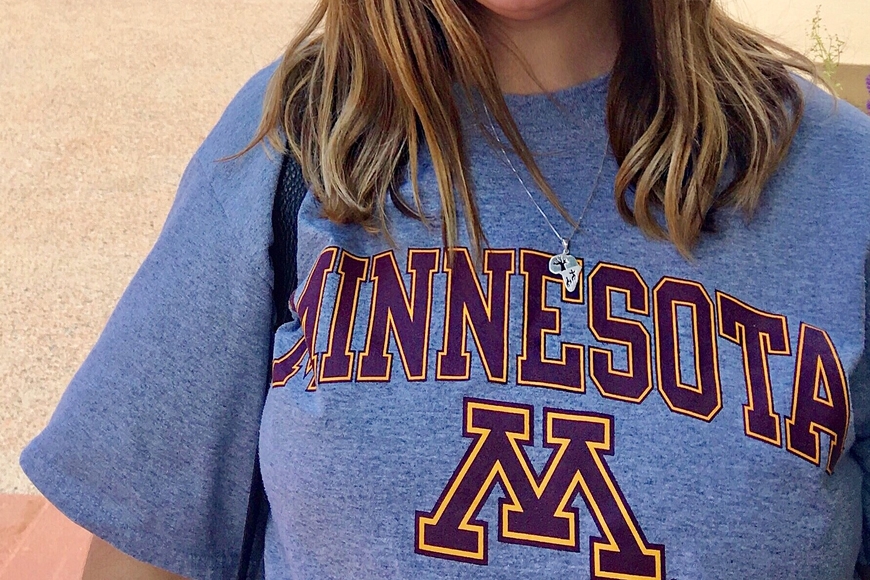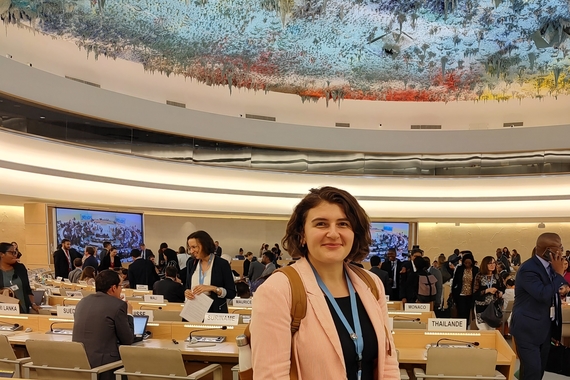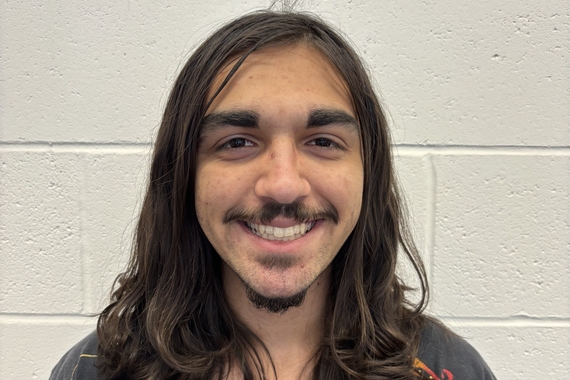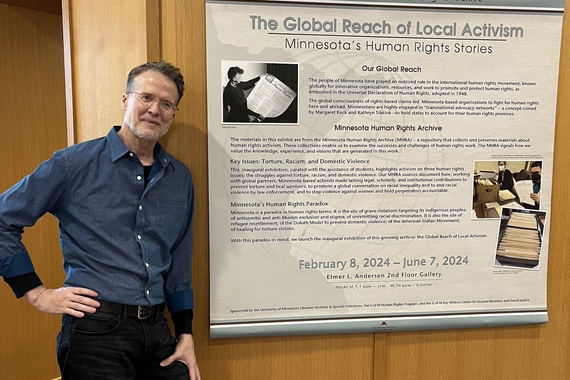Student Internship Spotlight: Alli Strong
Alli Strong is a second year Master of Human Rights student concentrating in gender and development. She spent the summer interning with Mobility International, USA in Eugene, Oregon.
Human Rights Program (HRP): Tell us where you interned this summer and what you worked on while you were there.
HRP: What were a few major takeaways or lessons your learn this summer through your internship?
AS: There were many takeaways I gained from my internship this summer. Perhaps the most significant, however, were the lessons I learned about what human rights implementation looks like from theory to practice. I worked on creating Story Mapping content for the RightsNow! team as one way of documenting the impact of the four-year project. While gathering RightsNow! participant stories to be included in the online Story Map, I learned what international disability rights look like in practice, and I learned so much that I wrote a blog post for MIUSA. Here is a short part of my piece describing my biggest takeaways: "During my internship, I learned that human rights in practice look a lot like a disabled people’s organization (DPO) in Mexico networking with people with disabilities, government representatives, lawyers, academics, and other members of civil society, to facilitate a three-day seminar on access to justice for people with disabilities. Human rights in practice look like the training-of-trainers approach (TOT) in Vietnam: in which Vietnamese RightsNow! participants with disabilities implement their own training plans to conduct workshops for other disabled persons on effective disability rights implementation strategies, such as cross-disability collaboration. Human rights in practice look a lot like the disability-led Coalition for Inclusive Legal Reform (CILR) in Armenia coordinating 12 community meetings in various regions of the country in order to advocate for rights-based amendments to the country’s draft Disability Law."
HRP: How was the internship related to your course of study, and how do you think it will help you in your career?
AS: My internship provided an in-depth look into disability rights implementation, allowing me to learn varying advocacy strategies both in the United States and in the six different countries in which the RightsNow! project worked. My internship confirmed my previous interests of working within the intersecting fields of disability rights promotion and international development, and for the above-stated lessons/takeaways I gained from my internship, I am much better prepared to enter this field and to make the lasting impact I seek to make in my future work.
*Responses were edited for length and clarity.



